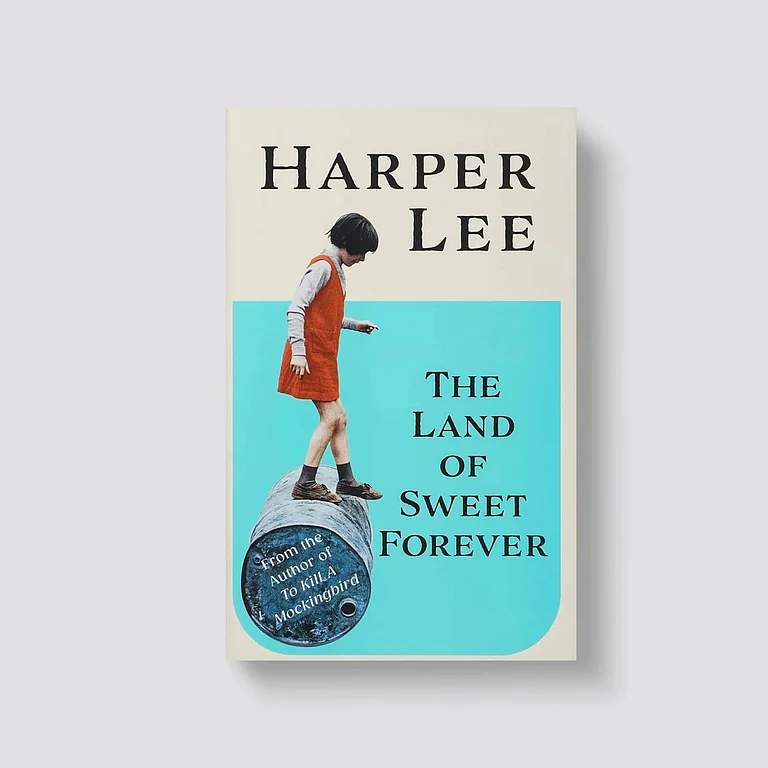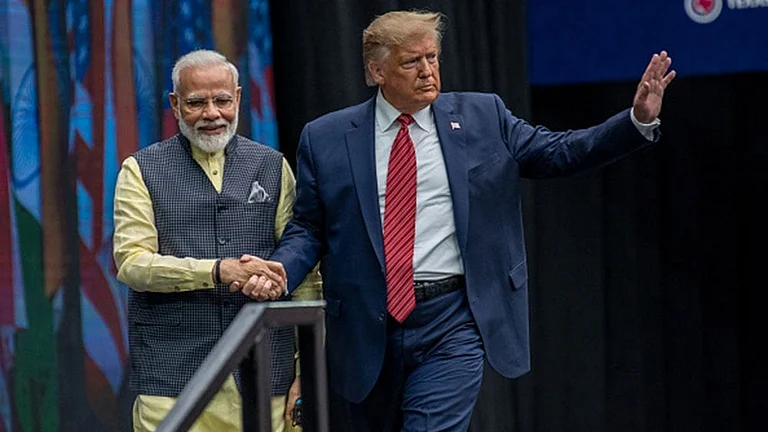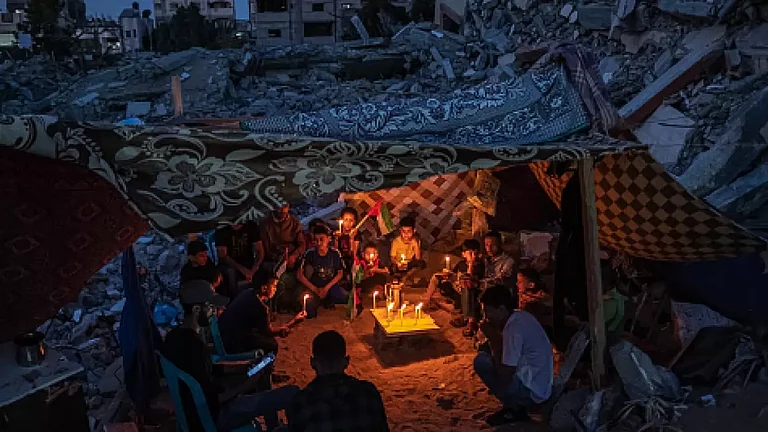Palestinians have been enduring the brunt of many wars ever since Israel was created in 1948, and that led to the first Arab-Israel war that displaced over 750,000 Palestinians. There have been innumerable conflicts, battles and clashes over the years. Israel’s war on Gaza is the latest one. But we cannot forget the victims of the earlier wars. In this context, Izzeldin Abuelaish’s story is inspiring. His life changed on January 16, 2009, when his three daughters and a niece were killed by the Israel Defense Forces in Gaza. This was just four months after Abuelaish had lost his wife to leukemia. He recalls that horrifying day: “We were waiting for a ceasefire, a negotiation. But human lives are not a matter of negotiation. We were waiting in line for who would be killed next.”
When Abuelaish rushed to his house after he heard a thunderclap, he found his daughters dead, their bodies violently disfigured. His niece, too, was killed in the attack. His daughters’ school journals and textbooks were soaked with blood pouring from fresh wounds. “These were my lovely, beautiful daughters, but I couldn’t recognise them. In that moment, I lost faith in humanity.”
But he did not. Abuelaish is a Palestinian medical doctor who was born and raised in the Jabalia Refugee Camp in the Gaza Strip. He received his elementary, preparatory and secondary education in the refugee camp schools, followed by a scholarship to study medicine in Cairo, Egypt, and a diploma from the Institute of Obstetrics and Gynecology at the University of London, the UK. Abuelaish is the first Palestinian doctor to work at an Israeli hospital. His work enabled him to understand the impacts of conflicts in many countries, including Palestine, Egypt, Israel, Uganda, Yemen, Afghanistan and Saudi Arabia.
In his book, I Shall Not Hate: A Gaza Doctor’s Journey, Abuelaish writes about the atmosphere in Palestine: “At first glance you might think everyone is in a hurry—heads down, no eye contact as people move from place to place—but these are the gestures of angry people who have been coerced, neglected, and oppressed. Thick, unrelenting oppression touches every single aspect of life in Gaza, from the graffiti on the walls of the cities and towns to the unsmiling elderly, the unemployed young men crowding the streets, and the children—that December day, my own—seeking relief in play at the beach.”
(Compiled by S S Jeevan)
(This appeared in the print as 'Who Will Be Killed Next?')
































